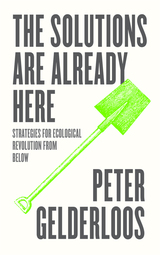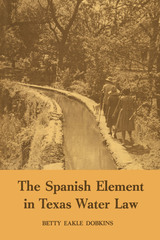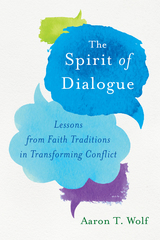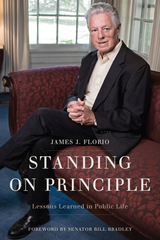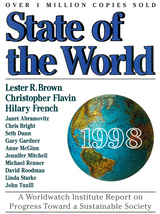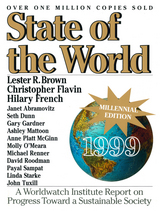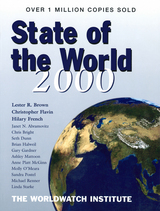The Good Citizen: A History of American Civic Life
Harvard University Press
Paper: 978-0-674-35640-5
See other books on: History | Schudson, Michael | United States
See other titles from Harvard University Press
Paper: 978-0-674-35640-5
ABOUT THIS BOOK | REVIEWS
ABOUT THIS BOOK
In 1996, less than half of all eligible voters bothered to vote. Fewer citizens each year follow government and public affairs regularly. Is popular sovereignty a failure? Not necessarily, argues Michael Schudson in this provocative history of citizenship in America. Schudson sees American politics as evolving from a "politics of assent" in colonial times and the eighteenth century, in which voting generally reaffirmed the social hierarchy of the community; to a "politics of affiliation" in the nineteenth century, in which party loyalty was paramount for the good citizen. Progressive reforms around the turn of the century reduced the power of parties and increased the role of education, making way for the "informed citizen," which remains the ideal in American civic life. Today a fourth model, "the rights-bearing citizen," supplements the "informed citizen" model and makes the courthouse as well as the voting booth a channel for citizenship.
See other books on: History | Schudson, Michael | United States
See other titles from Harvard University Press

